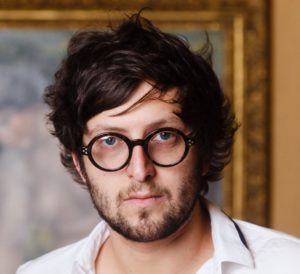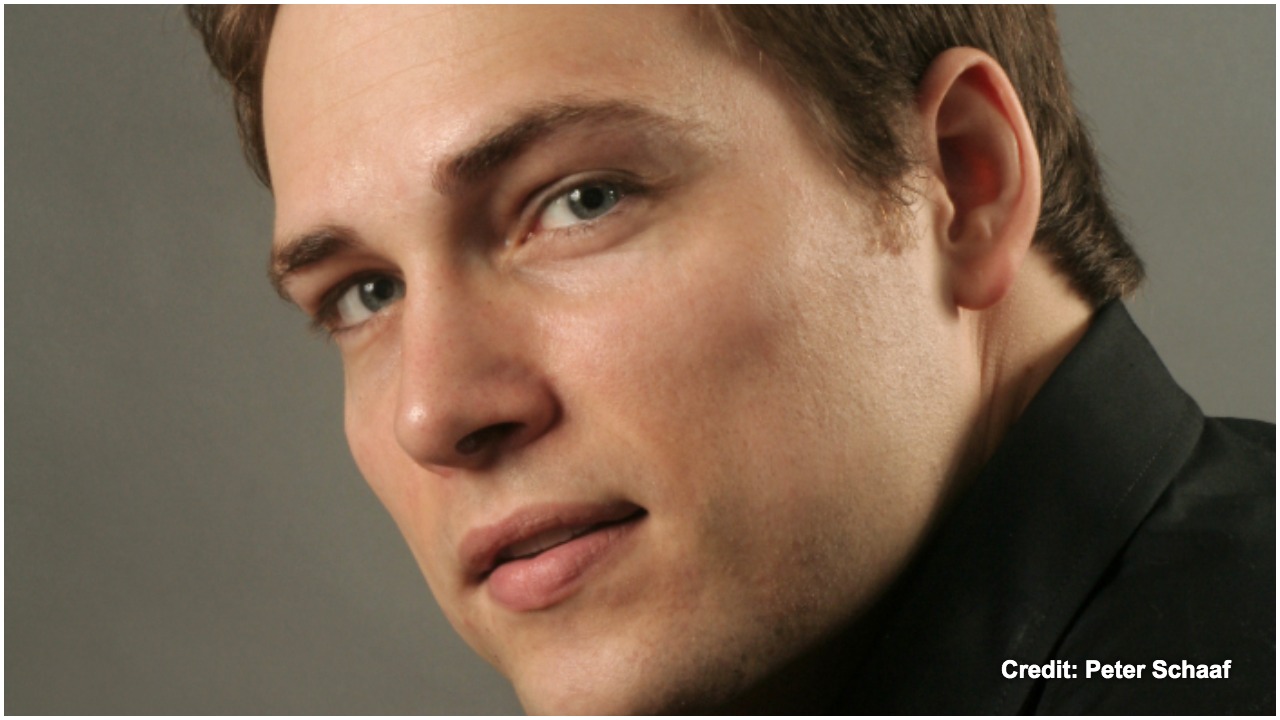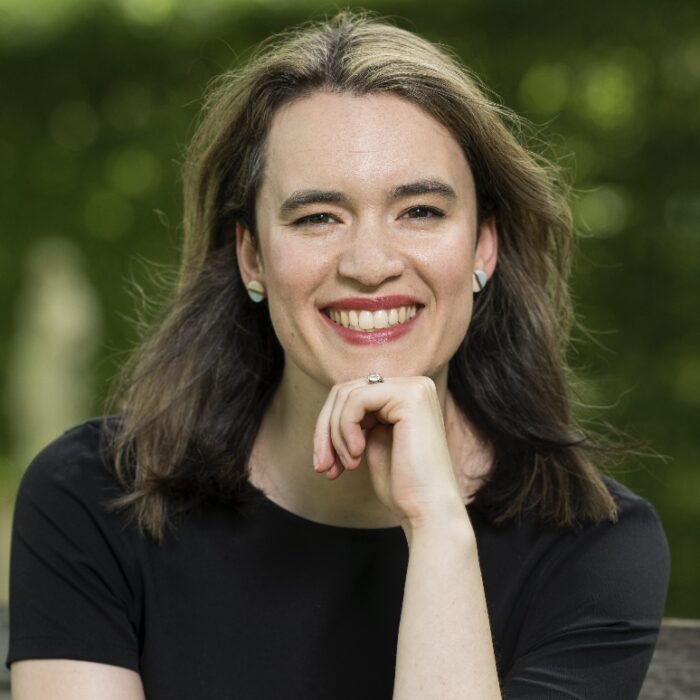
Q&A: David Hertzberg On His New Opera ‘The Wake World’
By Francisco SalazarOn Sept. 18, Opera Philadelphia world premiered “The Wake World” as part of its 2017 festival. Composer David Hertzberg created an immersive experience that was showcased at the Barnes Foundation and that experimented with form and melody.
As one of Opera Philadelphia’s 2017-2018 Composers-in-Residence, in a program offered in collaboration with Music-Theatre Group, Hertzberg will continue to be an active presence in Philadelphia. OperaWire spoke to the composer about his new work and the process of writing the opera.
OperaWire: How did you get involved with “The Wake World?” Where did you first hear about it and what inspired it?
David Hertzberg: It really came from a site visit that I did when I went to the Barnes Museum. I spent a lot of time at the museum when I studied at Curtis so I was thrilled when they asked me to be part of the festival and that it would take place at the Barnes. They wanted me to respond to the collection, to a particular work or something that spoke to me. So I had a site visit to the Barnes and I started thinking about images of the collection that inspired me. The Barnes Museum is very special because the walls are covered from floor to ceiling with art and arranged in these gorgeous patterns and all these bizarre and fantastical. He thought that by presenting artwork in this way you could highlight the essential form and line that transcends genre and could reveal an essential quality that they all share. I can’t think of any other collection that resembles it.
Hearing the attention that was put in the collection in that walk through it corroborated a lot of my own feeling about the collection. It felt like a shrine, not a museum. It’s reproduced exactly the way it was in his house. It’s a religious experience. I felt like I had to respond to my feelings about the collection and try to evoke and illuminate the experience of it.
Then I remembered reading this Aleister Crowley book a few years ago. He has this fantastical feeling to his writing and I was really struck by it. He wrote a lot about magic and created this unbelievably rich work of associations about all the mystical associations and various religious symbols and I mushed them all together into this ecstatic piece. And “The Wake World” is a very bizarre fairy tale and it is supposed to be an allegory for the various spheres of consciousness. And for Crowley that meant this wild orgy of associations and colors and perfumes that come from all over the place.
The opera is about this girl’s journey through an enchanted palace where she goes to all these different rooms and these bizarre vivid and extremely psychedelic things happen. So on a surface level, the idea of this place automatically struck a chord with me. Like the Barnes Collection, this was something totally different from anything I had ever read.
OW: What was it like writing both libretto and the music? What were the challenges?
DH: I worked out the musical shape in such a way that I had to have an idea of how it related to the story. I wrote the words before I knew what it was about as an experiment and I was shocked at what started happening. I found that it is really hard to separate writing the libretto from the music. There is a marriage of words and music.
When I was thinking of the libretto I found this anonymous story that was in the equinox that was circulated among many things of the 20th century. The loved the quality of the prose and the sensual quality of the story and the text but I wanted to create something that felt strange and there was an ecstatic quality. It doesn’t have a narrative in a conventional sense and that was a challenge to work that out. But while I was working out the libretto I was also working out the music. They are both dependent on each other. I had an idea of the musical shape that I wanted to take and give each room a musical shape and how it would relate to each exhibition.
OW: When you write the music, what is your main focus, melody, effect or both?
DH: The music is quite tuneful and the experience of the Barnes has this mystical and otherworldly power. I feel that the way that he thought the simultaneous relationships in paintings allowing me to think about music. This opera is tuneful and fantastical and it’s not written in a very esoteric way. There are arias, trios and I come from a place loving the classical voice and to me that is important. And I love Mozart, Wagner, and Bellini. So I am always thinking of creating drama with a melodic line. But I think it is full-blooded singing all the time and an operatic quality and rangy.
OW: Who was the first opera composer that inspired you to write opera?
DH: Mozart for sure. The first opera I saw was “Le Nozze di Figaro” and then I saw “Don Giovanni” and “The Magic Flute.” I adore Mozart and Wagner is also a priority. I come from a place of loving opera and hopefully, I want it to be an experience, unlike anything they have ever experienced.
OW: What was it like to be the Composer-in-Residence at Opera Philadelphia and what was it like to world premiere your work with this company?
DH: It feels incredible to be a composer in residence. They have been supportive of everything I wanted to pursue. It’s been amazing to work with them. I got to workshop a one-act opera with two different directors, casts and directors and that was incredibly interesting and to see what worked was really a great learning experience. It’s also where I connected with R. B. Schlather and we had realized we had so much in common. Now we’re working together on this opera. So Opera Philadelphia has been a wonderful and exhilarating experience that has allowed me to explore.
OW: Is there anything you learned from the process?
DZ: I got to work with a choir. Opera Philadelphia wanted to feature a choir and the idea of doing it was really exciting for me and I know that this company’s choir is really excellent. To think of how to integrate a choir into your work was a challenge. But it turned out to be one of the most exciting things about this project. I ended up making the choir represent the palace in the work and made sure to give them textures and an immersive part of the work.


